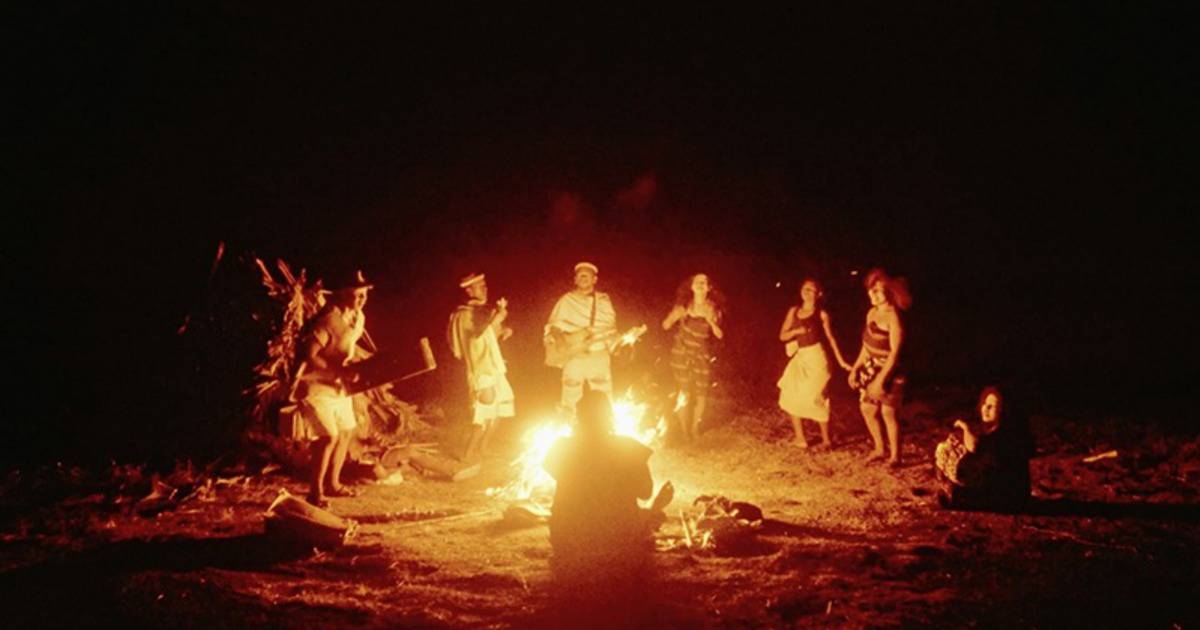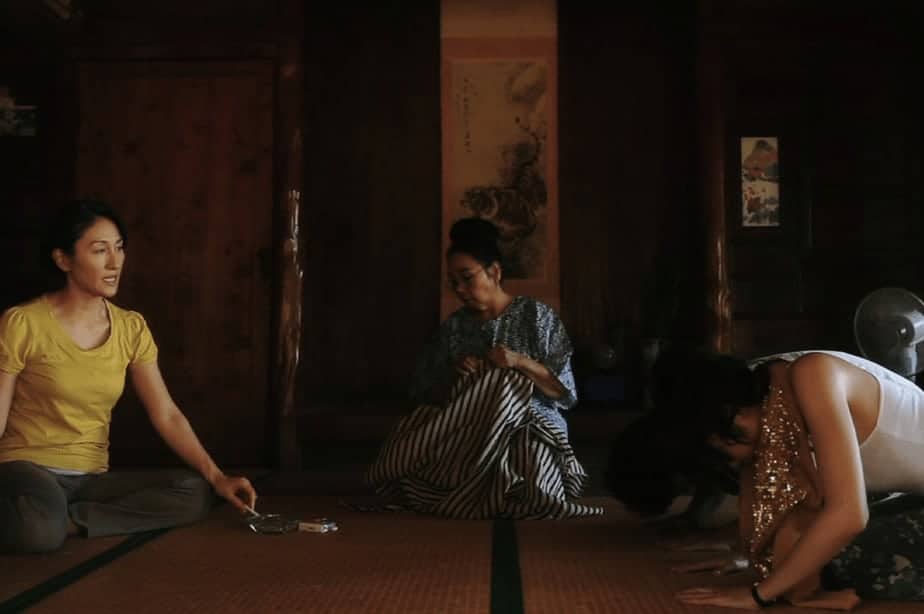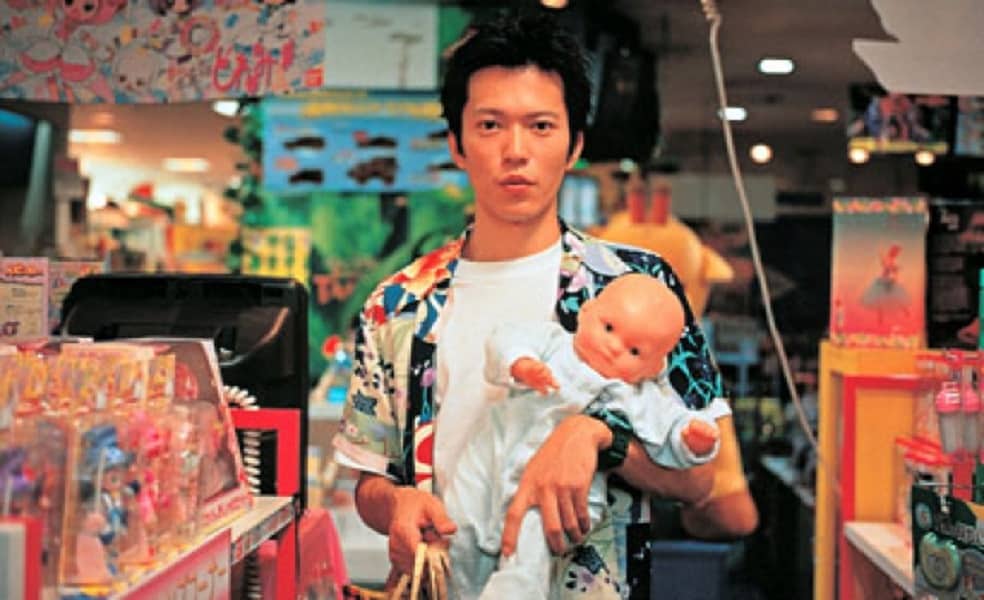It has been the dream of many people to be actually able to tame nature and domesticate it for several purposes. From the famous lion tamer in every circus entertaining a crowd with wild animals jumping through fiery loops or the gardens of places like Versailles with their geometric shapes and edges, displaying one aspect of the ideal of beauty at the time, the notion of taming nature has always been one of many features which defined our existence. Additionally, it has been a sign of the rich and powerful, to display their wealth to the public, which is perhaps the reason why a Georgian businessman some years ago decided to plant specific trees in his already huge garden. It was the beginning of a giant undertaking, which featured the interesting sight of giant trees being transported across the water, and laid the foundation for Salomé Jashi‘s documentary “Taming the Garden“. The film premiered at Sundance Film Festival January 2021 and received the main award at International Human Rights Film Festival Docudays.
The aforementioned image is also the start of “Taming the Garden” and in a way an introduction to the kind of surreal imagery and the theme of cultural uprooting, which is at the center of Jashi's feature. From the workers discussing the various logistic obstacles in their way, to the statement of people living next to the trees and finally the actual process of transporting the trees several miles to their final destination, the director makes her viewer bear witness to something which is both extraordinary, but also points at issues of class, inequality and, perhaps most importantly, property. It is a process of unwinding we see in the roughly 90 minutes of the movie, of dispossession and seemingly helpless observation, as something which should be free to everyone, now becomes exclusive.
At the same time, these images are juxtaposed to the footage from the actual garden where the trees will be planted. While the businessman remains anonymous throughout the feature, his property “does the talking”, so to speak, with the camera showing the breathtaking beauty of the garden, which actually reminds you of the vast palace complexes of Versailles or Sans-Soucci. Jashi's view on these events and images is never judgmental, it admires the beauty while also depicting how the process of uprooting is considered a major loss by farmers and families living in proximity to the tress. In the case of the footage from the garden, the beauty of the place is apparent, but also the realization you are not welcome here, or your stay is merely temporary.
In conclusion, “Taming the Garden” is a thought-provoking documentary on issues of dispossession, property and cultural uprooting. Salomé Jashi manages to capture images of great beauty, but also emphasizes how it has become exclusive and privately owned.
















